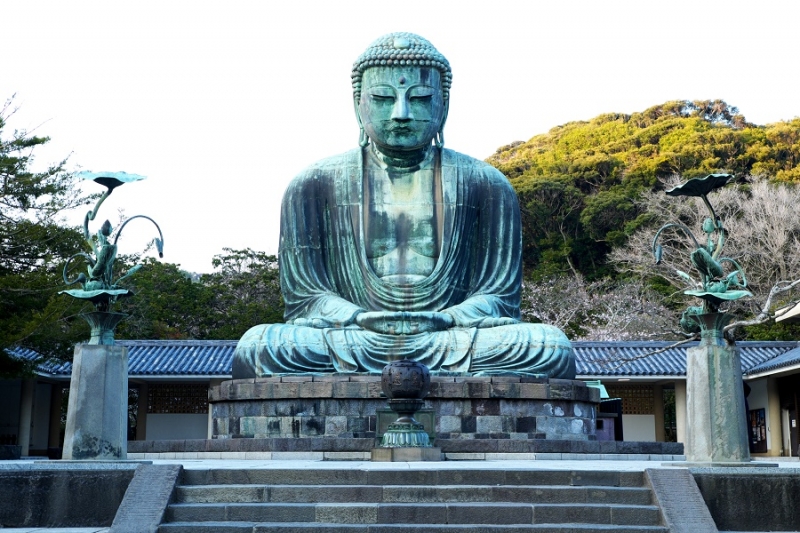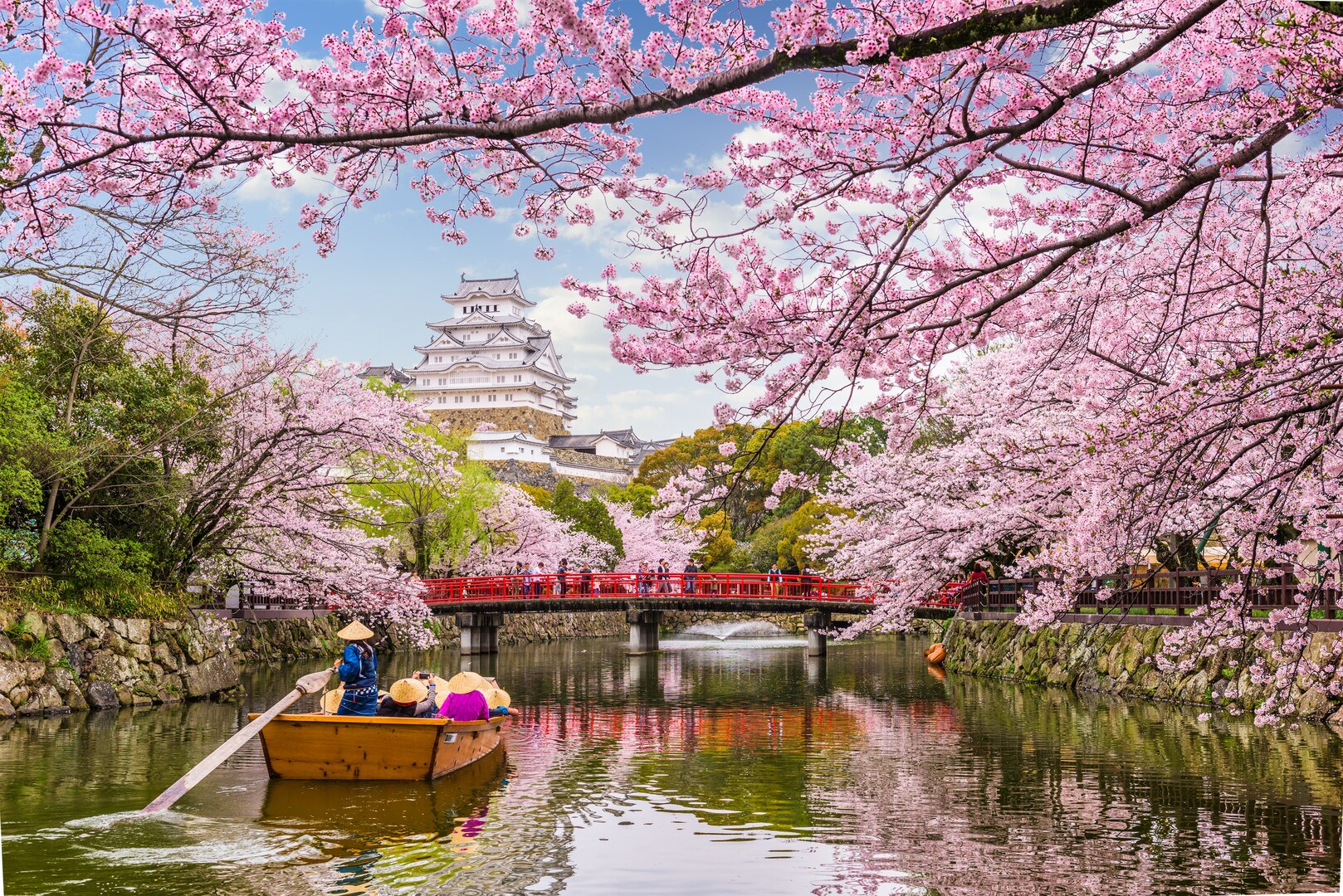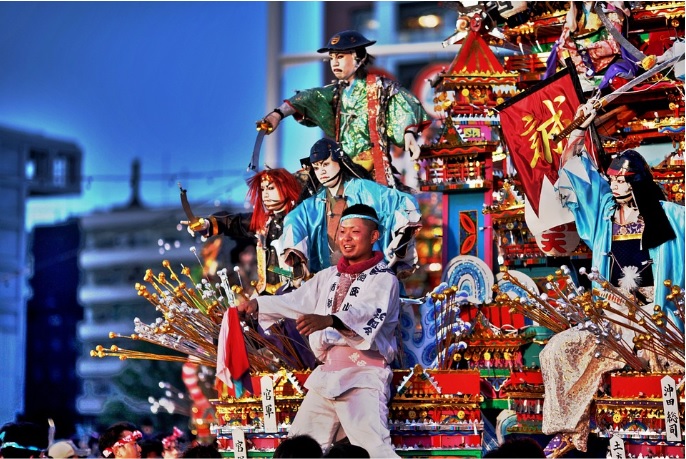
Almost ⅓ of the Japanese population refer to themselves as Buddhists. Even though the religion started in China and was passed on to the Japanese via the Silk Road, most of the beliefs of Buddhism have already been embedded in the modern Japanese culture.
One particular teaching that Buddhism is the Four Noble Truths. It is the very foundation of the religion.
They are as follows:
1. Dukkha (The Truth of Suffering) - According to teachings, “Life is suffering” and that everything is temporary and conditional. Everything will eventually end.
2. Samudaya (The Truth of the Cause of Suffering) - The cause of suffering is said to be the never-ending search for things beyond ourselves. People never seem to be satisfied of what they have thus craving for more.
3. Nirdodha (The Truth of the End of Suffering) - Through practice, cravings can be ended and have satisfaction with the things that we have.
4. Magga ( The Truth of the Path that Frees us from Suffering) - There is a way out of the cycle of suffering and it is the Eightfold Path. By following the path, you will be led to enlightenment. The path must be followed at all times and in all situations.
The Eightfold Path is:
Right View or Right Understanding, insight into the true nature of reality.
Right Intention, the unselfish desire to realize enlightenment.
Right Speech, using speech compassionately.
Right Action, ethical conduct; manifesting compassion.
Right Livelihood, making a living through ethical and non-harmful means.
Right Effort, cultivating wholesome qualities; releasing unwholesome qualities.
Right Mindfulness, whole body-and-mind awareness.
Right Concentration, meditation or some other dedicated, concentrated practice.
In order to achieve Nirvana, or the ultimate goal of Buddhism, one must follow the Four Noble Truths.





